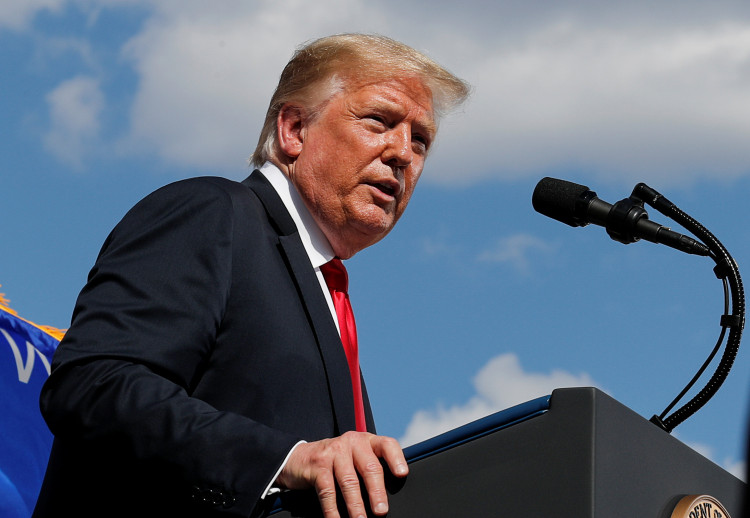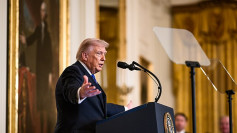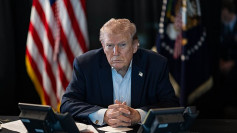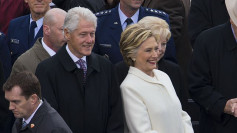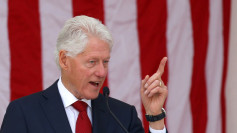President-elect Donald Trump is reportedly facing credible death threats from Mexican drug cartels as he prepares to assume office, with intelligence intercepts suggesting that criminal organizations are plotting his assassination. According to U.S. and Mexican law enforcement sources, the threats emerged from discussions on Telegram, a platform often used by criminals and terrorists to communicate. The cartels allegedly view Trump's plans to enforce strict border policies as a direct threat to their lucrative smuggling operations.
"Trump is on a Mexican hit list. The guy means business and is gonna move fast to shut out the immigrants and the drugs flowing from Mexico to the U.S.," a Washington D.C. investigator reportedly said. The source added that cartels fear Trump's initiatives could drastically disrupt their multibillion-dollar drug and human trafficking enterprises. These threats come in the wake of two earlier assassination attempts against Trump this year, including a shooting incident at a campaign rally in Pennsylvania where the assailant was subdued by Secret Service agents.
The heightened security concerns coincide with Trump's recent announcement of a major agreement with Mexican President Claudia Sheinbaum. Trump claimed that Sheinbaum had agreed to implement immediate measures to curb illegal migration into the United States. "Mexico will stop people from going to our Southern Border, effective immediately," Trump declared on Truth Social. He also described their conversation as productive, emphasizing shared goals to address drug trafficking and reduce U.S. consumption of narcotics.
Sheinbaum confirmed the dialogue but appeared to frame Mexico's efforts differently, suggesting that her country is already managing migration effectively. "We addressed Mexico's strategy regarding the migration phenomenon," she wrote on X. She added that caravans are no longer reaching the northern border as they are being intercepted within Mexico. Sheinbaum also reiterated Mexico's stance on fostering cooperation rather than enforcing strict border closures.
Trump's announcement of the agreement has drawn mixed reactions, with critics questioning the substantive changes it might bring. His broader policy agenda includes imposing steep tariffs on goods from Mexico, Canada, and China, aimed at curbing illegal immigration and drug smuggling. Trump recently proposed a 25% tariff on imports from Canada and Mexico and an additional 10% tariff on Chinese goods tied to fentanyl production. While he hailed these measures as necessary, experts warn that such tariffs could strain economic relations and lead to higher consumer prices in the United States.
Migration at the U.S.-Mexico border has seen a notable decline in recent months, with apprehensions at four-year lows. Analysts attribute this to increased enforcement efforts by Mexican authorities, who have reportedly implemented strategies to intercept migrants and redirect them to southern regions. Trump has credited his negotiations with Sheinbaum for influencing these developments, though observers note that Mexico's actions predate their recent discussions.
The fentanyl crisis remains a critical concern for Trump, who has announced plans for a nationwide advertising campaign to raise awareness about the dangers of the drug. "I will be working on a large-scale United States Advertising Campaign, explaining how bad Fentanyl is for people to use," Trump stated. He emphasized the campaign's goal of educating the public about the devastating impact of the synthetic opioid, which has contributed to over 100,000 overdose deaths in the U.S. over the past four years.
The alleged cartel threats underscore the personal risks Trump faces as he pursues his ambitious policy objectives. Law enforcement officials have noted the ease with which prior assailants managed to get within range of the president-elect, heightening concerns about his security. "Getting a shooter in range of him isn't an issue," an investigator warned, referencing previous incidents.
